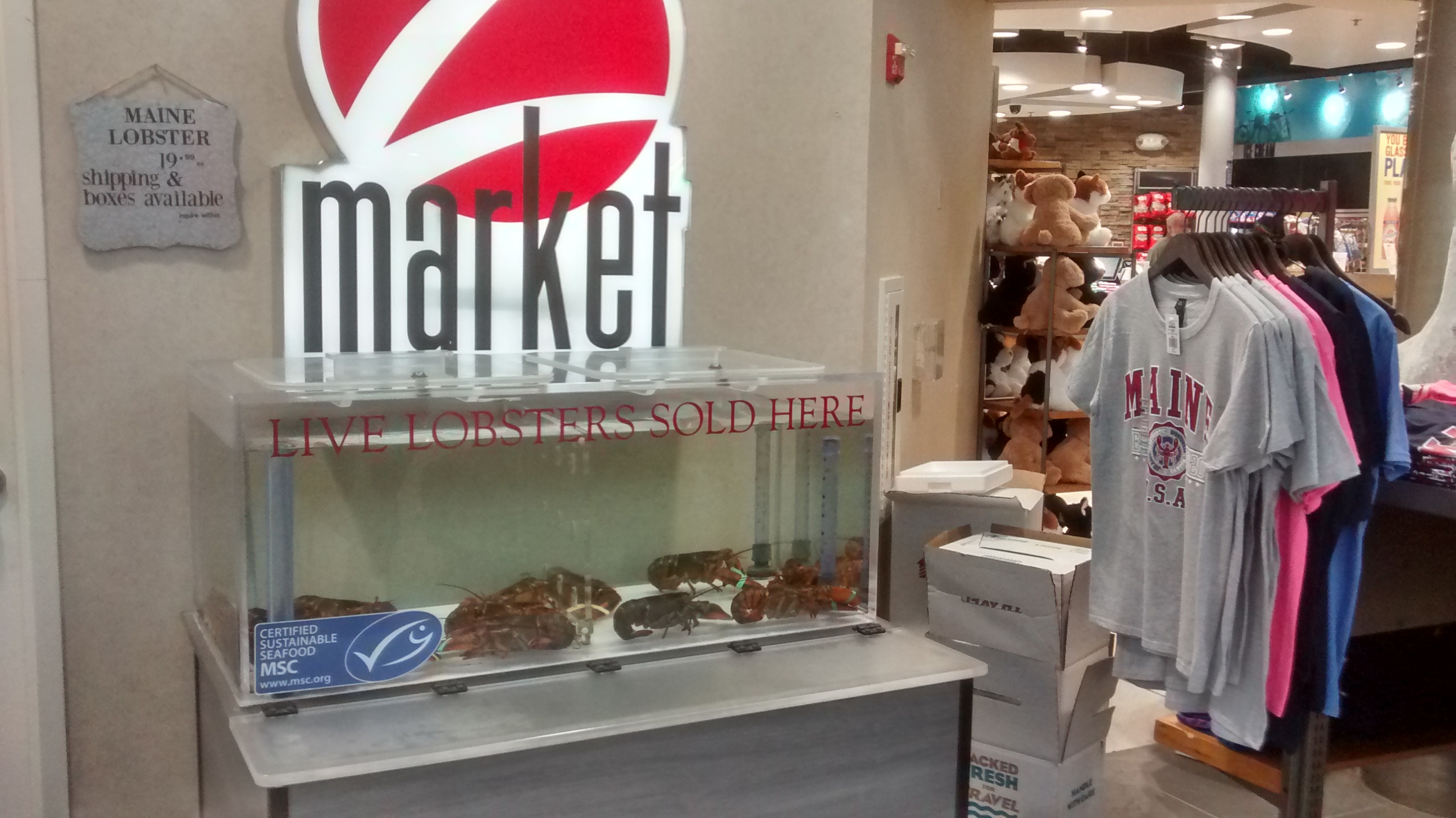In our country’s far northeastern corner, the resilient people of Maine have what it takes to show the rest of the country how to do food right.
Maine is so well-known for lobster that they’re sold at highway rest stops. However, there’s more to the food scene in this salt-crusted, spirited corner of the country than their famed shellfish, or even their luscious wild blueberries. A trio of tales out of the far northeast highlights the diversity, change, challenges, and maybe even the future of the food scene, in Maine and beyond.
The United States has long been a mixing bowl (if not a melting pot), taking in the immigrant and the refugee, a place where old wisdom finds a fresh start in a way that makes all of us richer if we embrace it. In Wales, Maine, about an hour north of Portland, the tiny town of less than 1,700 souls hosts the Little Jubba Central Maine Agrarian Commons, a collective farm trust that’s an unusual model of land ownership in this country. Last year, a crowdfunding campaign brought in $367,000 which allowed about 200 people of Bantu descent from Somalia (where they’re an ethnic minority) to obtain 104 acres of land there. The deed is held by the Agrarian Trust, a nonprofit that’s working towards decentralizing and correcting racial inequities in land ownership.
With a multigenerational land lease, Little Jubba will be run by a collective of farmers whose families will live there, growing food to eat and for market, while sharing a commons that will include a gathering hall and a commercial kitchen. It’s a better place to settle refugees, who often come to the U.S. chock full of agrarian know-how, yet are too often dropped into urban settings without the resources to do what they love, a major loss not only for refugee families, but for the United States as a whole. Considering that American farmers are aging out of the business that their heirs may not be interested in continuing, this may be a win-win solution that feeds both immigrants and a country that clearly loves to eat.

A couple hours north of Wales lies the Mountain View Correctional Facility, in Charleston. While most prisons serve food which, itself, could be considered a form of punishment, Mountain View is taking another path by dishing up meals made from scratch. Head cook Tim Rooney’s kitchen uses locally sourced ingredients and organic vegetables grown by Mountain View’s residents on their five-acre farm.
In its first year, the farm program not only grew 100,000 pounds of fresh vegetables, but did so under budget, showing that even in cold, short-season Maine, it’s possible to provide incarcerated people a better diet more cheaply than the barely-edible meals served at other facilities. Sure, it’s easy to stir up outrage at the idea of prison inmates eating better food than, say, veterans, senior citizens, or students, but if that’s a real objection, it’s probably best not to cut budgets for those programs while complaining about their lack of access to nutritious food. Meanwhile, considering all the ways that healthy food can heal a person inside and out, and how taking care of living creatures while being out in nature fixes the mind and body, programs like this should be a no-brainer if we want positive outcomes more than we want simple vengeance from America’s carceral system.
New England, like other northern lands, has a proud heritage of dairy production. As property values increased over time, however, dairy farmers have been pushed aside. In a move that may prove disastrous for many such families, dairy giant Danone (owner of the Horizon Organic and Oikos brands, among others) announced that after August of next year, they will no longer buy organic milk from farmers in the Northeast, including 14 small producers in Maine. It’s simply too expensive, compared to centralized, giant dairy farms in the Midwest. While Danone isn’t the only buyer of organic milk in the area, advocates say that it may not be possible for other processors to pick up the slack.
This may mean that the farmers leave the dairy business altogether, selling their cows and land, or take up other agricultural production. However, the best possible outcome may be for Mainers to take a big step towards relocalizing their food supply. Once upon a time, nearly all food was local. Doing so again would cut carbon emissions just as it’s becoming abundantly clear that we need to do so, and fast.
The future of food is not about having a Starbucks on every corner and the same array of fast food options at every major highway exit. It’s about a new generation of diverse farmers bringing their knowledge and passion to our soil. It’s about changing our institutions to produce healthier people and better outcomes. And it’s about finding ways to nourish each other with the best our regions have to offer. We’ll need resilience in the times to come, but it was once in our spirit to turn adversity into opportunity. Maybe it can be again.
Related: Moderate Livelihood, Lobster, and Native Rights


Join the conversation!